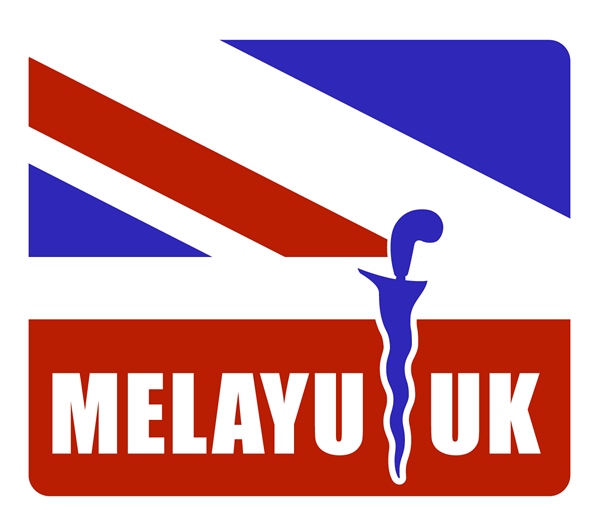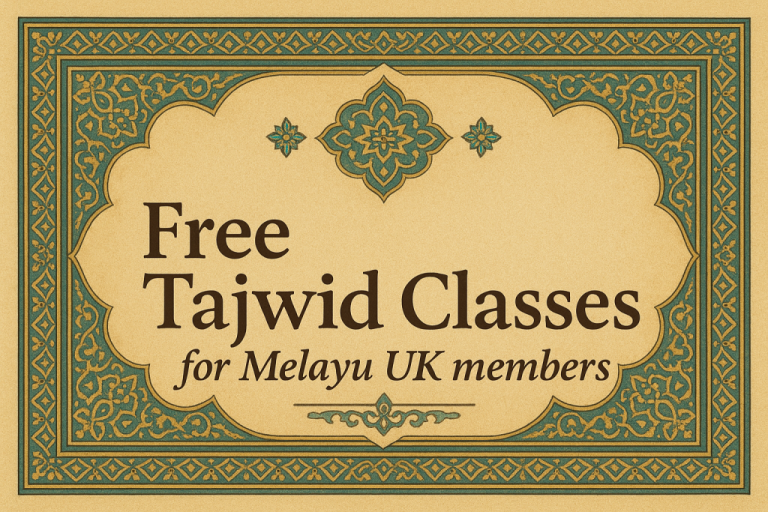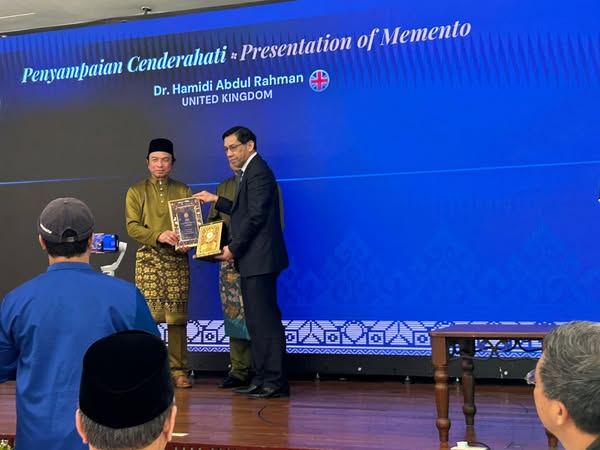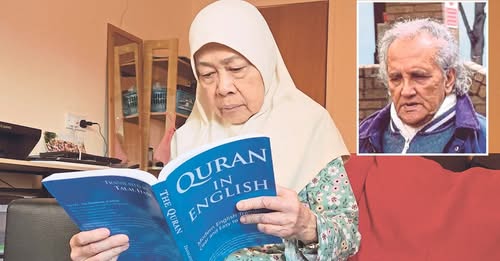Book Appointment Now
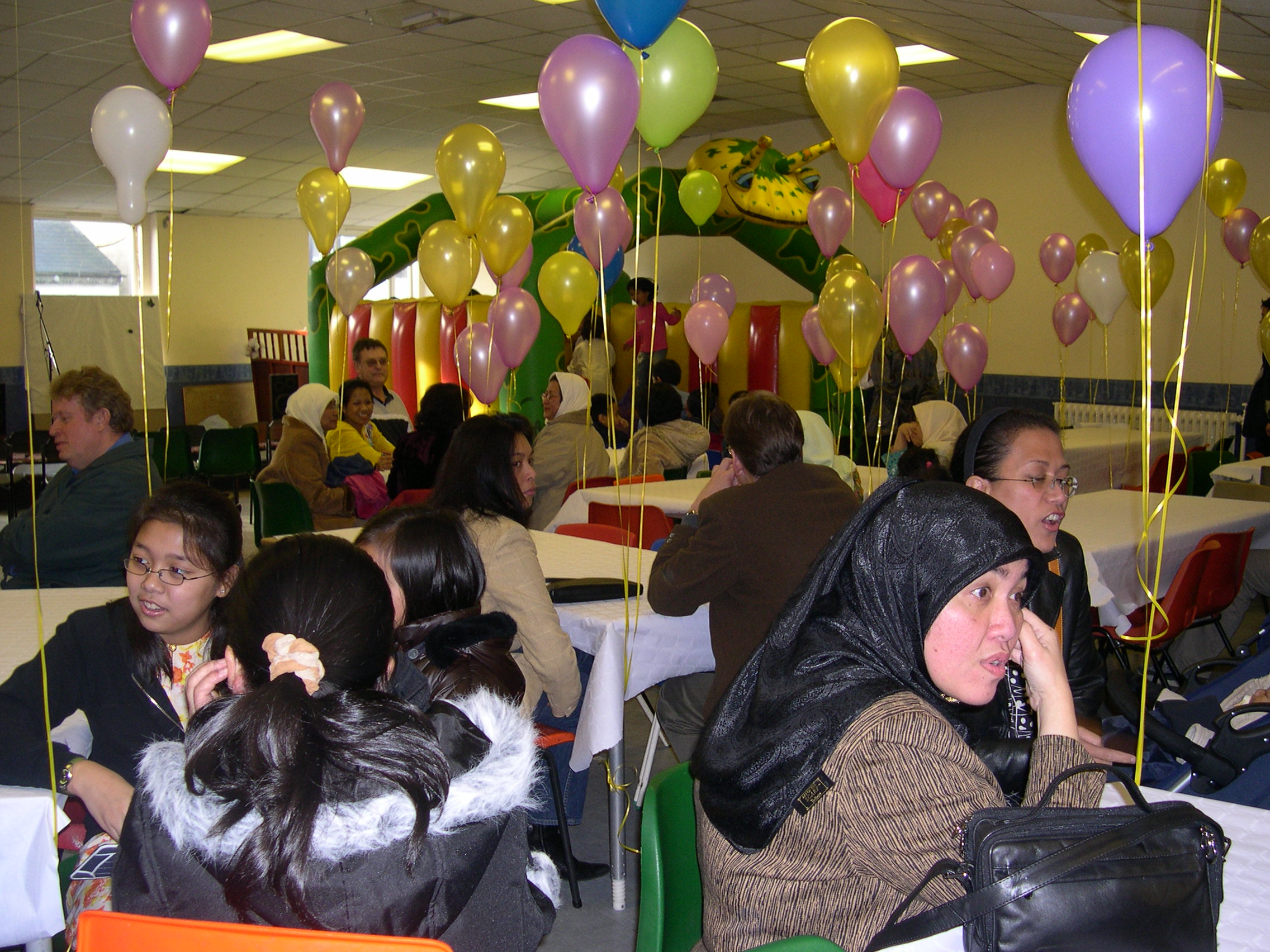
President’s Speech on Hari Raya Aidil Fitri Party 2003
Assalamu alaikum warahmatullahi wabarakatuh.
First and foremost I would like to thank you for coming to this party. To you all I wish Selamat Hari Raya Maaf Zahir dan Batin.
This is a great opportunity for us to come together, to meet each other. I will say that the many of us here have never been to our events before, and have never met each other before. This is because the society is still very new and we have only managed to organise one national event i.e. the Perhimpunan Keluarga at Kibblestone Scout Camp in Staffordshire. The event was a success, and that has prompted us to organise more national events for our members.
I am convinced that this meeting will bring many good to our society, Melayu UK. This is a society that is becoming more relevant to its members by the day. Trying to reach our target group has not been easy. This is because of the lack of information on where our potential members live in the UK. Nevertheless, our members have been the best source of publicity. Each and every one of us has contributed to make this society known to others. As a result, we have managed to reach many people.
Since the formation of the society, we have had many feedbacks from members. This has enabled us to mould the society so that members will benefit. Nevertheless, our target group still remain the same i.e. people of Malay descend living in the UK. However this does not mean that we will prevent others, for example students, from joining us. The focus on the target group helps us to plan and customise our activities to bring the maximum benefit to those who live in this country.
The name of the society i.e. Melayu UK, can also bring some suspicion that it is only meant for the Malays who came from Malaysia. As a result, the Indonesians may feel that this society is irrelevant for them. Furthermore they may want to identify themselves as Javanese, Bugis and so on, but not as a Malay.
To understand the relevance of the Melayu, we must look back at history. The Malay Archipelago comprise of what is today Malaysia, Singapore, Brunei, Indonesia and even the Philippines. It is not wrong to say that the people from that region are Malays. It is only after the region has been colonised that our colonial masters taught us that we are different. As a result we have suspicion amongst ourselves and suspicion can lead to hatred.
When there is suspicion, we tend to remember only the differences. For example we can make an issue that the Malaysian Malays speak differently from the Indonesian. But we forget that the people of Kelantan speak differently as well. So too are those from those from Negeri Sembilan.
Looking at the Malays, we can see that there are Malays who have foreign ancestry e.g. Arabs or Indians. For example, the Syeds are from Arab ancestry. Thatâs why the Malays are such a colourful people. Some looks like Arabs, some like Indian, some like Chinese and of course the majority unmistakably look Malay. We must ponder how did those Arabs or Indians became Malay.
Before the Malay Archipelago was colonised, Muslim traders from abroad who came to the regions and settled there, adopted the Malay culture. With two ingredients i.e. the Malay culture and Islam, they became accepted by the local Malays to be Malay.
I hope what I have highlighted will give an answer to our dilemma. Who are the Malays in our context? In our society, there are members of mixed marriages and of course children of mixed parentage. Let us examine the dilemma of the children themselves. There will come a time when a child with an English father and a Malay mother will ask whether he or she is a Malay or English or whatever. There is nothing wrong in identifying oneself with a race. For example a boy of mixed parentage may claim to be Malay. When he goes to Malaysia for holiday, the Malays over there will see him as English, not Malay. And in England, if a boy doesnât look English enough, the English may think that he is not English. So this poor boy turns up to be neither Malay nor English.
We have the answer to this. Melayu UK is the answer. Melayu UK is also a new entity. Just like we have Melayu Sri Lanka in Sri Lanka, and Cape Malays in South Africa, there is no reason why we canât have Melayu UK over here. Children of mixed parentage can identify themselves as Melayu UK. So whenever they are in Malaysia they can identify themselves as Melayu UK, and nobody can dispute that.
In fact, our children who are born and bred here should be taught to identify themselves as Melayu UK, rather than Melayu Malaysia or orang Jawa or orang Indonesia. There is already a cultural and behavioural difference between children raised in this country and those raised in Malaysia. So it is not a surprise if children raised in this country find it difficult to mix with those Malays from Malaysia or Indonesia. This is an unhealthy development that we must address.
Having provided a solution for the children, we also have problems of the non-Malay spouses. Our society is a family-oriented society, and we welcome the whole family to the society. Take for example an Englishman married to a Malay woman and have children. The wife is a Malay, so she feels at home in the society. The children are Melayu UK by race, and also feels comfortable with the society. But the husband is English and feels alienated by the society. So this poor husband feels that the society is not for him, and the only reason he joins is to please his wife. Pleasing the wife is a very good thing, we shouldnât deny that.
We have an answer to this as well. As I have said earlier, we can take example from history and apply it to our society. The two main ingredients of being a Melayu UK is to be a Muslim and to adopt the Malay culture. The non-Malay spouse has already made a great step by reverting back to Islam. And if he or she adopts the Malay culture, then there is no reason why he canât call himself or herself a âMelayu UKâ. With this new identity, the originally non-Malay spouse has turned himself into a âMelayu UKâ and instantly feels at home in the society.
In fact, if we are to settle in country, we should put more focus on being âMelayu UKâ. By putting this focus, we will understand more of our childrenâs need. We can work more effectively as a group in addressing the problems faced by our children. Many of us live in areas away from the concentration of Malays. Our children are deprived of interacting with fellow Malays and learn the rich Malay culture, much of it has been influenced by Islam. Our intention is not to create enmity with other races, but to give an alternative culture that has its own strength.
Adopting the Malay culture does not mean rejecting all the English or British culture. There are obviously many good elements in the English culture as well. We have discussed this is great details at our Perhimpunan Keluarga last April. At the gathering, Dr. Ghazali Basri gave an elaborate talk on âLiving with Triple Heritage: Malay, Islam and Britishâ. These are the three major cultures that our children and we face in our everyday life. This very good talk is now available on Video CD. Those who are interested in watching the video can purchase it from the society.
The more we think about the future of our children, the more this society will become relevant to us. We are not the first generation Malays to settle in this country. There were many Malays who settled here in the 1950âs and have children. Some of their children survived the Malay and Muslim identity but some didnât. The first generation Malays formed Malay communities, some of which still exist today. But they did not get the support from their children. As a result, the communities now comprise mainly of old people.
To ensure continuity in this society, we must involve our children. We must ensure that there are sufficient activities that benefit them directly. We must also ensure that they are also given leadership training. Only by investing in our children will we be confident enough that this society will have continuity.
We hope that many will come forward to contribute further for the betterment of the society.
Wassalamu alaikum warahmatullahi wabarakatuh.
